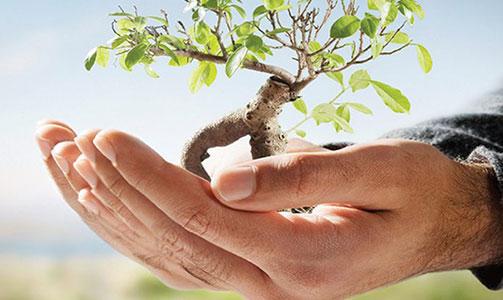
Zakat, one of the Five Pillars of Islam, is a divine command that holds profound significance for every Muslim. It transcends mere financial charity, serving as a spiritual practice that purifies wealth and the heart. By fulfilling the obligation of Zakat in Islam, Muslims not only strengthen their faith but also contribute to building an equitable society.
In this article, we will explore the spiritual essence, societal benefits, and transformative power of Zakat, with a special focus on its impact during Ramadan 2025.
Understanding Zakat in Islam
Zakat is an obligatory act of worship, calculated as a specific percentage of a Muslim’s wealth, usually 2.5%, that is distributed among those in need. It is distinct from voluntary charity (Sadaqah), as it is mandatory for eligible Muslims.
The term “Zakat” itself means purification and growth. By giving Zakat, Muslims cleanse their wealth of any impurities and recognize Allah’s blessings upon them. This act symbolizes submission to Allah and fosters empathy toward the less fortunate.
The Spiritual Significance of Zakat
Zakat is not merely an act of financial giving; it is a spiritual journey that brings a Muslim closer to Allah. By fulfilling the obligation of Zakat, a Muslim demonstrates gratitude for their blessings and a willingness to share them with others.
The Quran emphasizes this connection, stating:
“Take from their wealth a charity by which you purify them and cause them to increase…” (Quran 9:103)
This purification extends beyond material wealth to cleanse the heart of selfishness and greed. Zakat instills humility, fosters a sense of responsibility, and reminds Muslims that their wealth is a trust from Allah, meant to be used in ways that benefit society.
Zakat as a Tool for Social Justice
As a form of Muslim charity, Zakat plays a critical role in reducing poverty and inequality. It ensures that wealth circulates within the community, addressing the needs of the underprivileged and fostering social harmony.
Zakat recipients include the poor, the needy, and those burdened by debt. By empowering these individuals, Zakat contributes to breaking the cycle of poverty and building a society where everyone has access to basic necessities.
Why Donate Zakat in Ramadan 2025?
Ramadan is the month of heightened spirituality, worship, and generosity. During this sacred time, every good deed is multiplied, making it the perfect occasion to fulfill your Zakat obligations.
By choosing to donate Zakat in Ramadan 2025, you align your charitable giving with the spiritual essence of the holy month. This not only amplifies your rewards but also brings immense relief to those in need, ensuring they can celebrate Ramadan and Eid with dignity.
The Purification of Wealth Through Zakat
Wealth in Islam is seen as a trust from Allah, and Zakat ensures its responsible use. By giving Zakat, Muslims purify their earnings, removing any element of selfishness or materialism.
The process of wealth purification has a profound impact on an individual’s spiritual growth. It reminds Muslims that true success lies not in accumulation but in sharing and supporting others. This purification fosters a balanced relationship between worldly possessions and spiritual goals, leading to inner peace and contentment.
The Transformative Impact of Zakat on Communities
Zakat is a lifeline for the less fortunate. It funds essential needs such as food, shelter, education, and healthcare, transforming lives and empowering individuals. Through Muslim charity, entire communities can rise from poverty, achieve stability, and flourish.
Moreover, Zakat fosters unity within the Muslim Ummah. By addressing economic disparities, it strengthens the bonds of brotherhood and ensures that no one is left behind.
How to Calculate and Pay Zakat
Calculating Zakat accurately is crucial. It applies to wealth that exceeds the Nisab threshold, which is the minimum amount of savings a Muslim must have before Zakat is due. This includes cash, gold, silver, and business assets.
Today, numerous organizations and platforms make it easier to calculate and distribute Zakat. Many Muslims opt to pay their Zakat through trusted organizations that ensure the funds reach those who need them most.
Conclusion: Zakat in Islam as a Path to Purity and Justice
Zakat in Islam is far more than a financial obligation—it is a profound act of worship that purifies wealth, nurtures faith, and uplifts society. By fulfilling this pillar, Muslims achieve spiritual growth, foster social justice, and strengthen the bonds of the community.
As Ramadan 2025 approaches, let us reflect on the transformative power of Zakat and seize this opportunity to maximize our blessings. Donate Zakat in Ramadan 2025 to support those in need, purify your wealth, and fulfill a divine obligation. Together, we can build a brighter, more equitable future.


